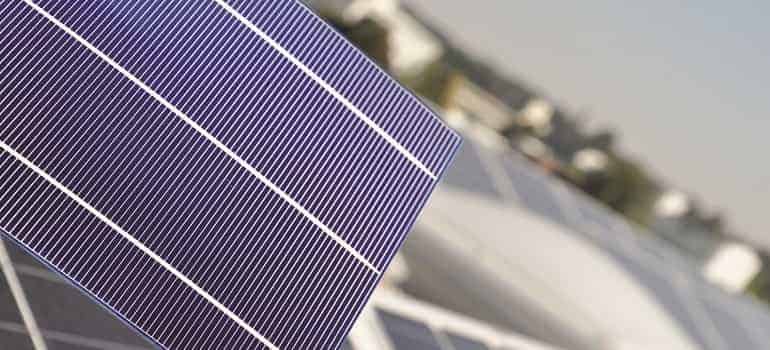 Minister of State (IC) for Power and New & Renewable Energy, Raj Kumar Singh, in a written reply to a question in Lok Sabha today, informed that there is no formal specific information relating to any specific solar equipment or component being of low quality and sold in Indian market.
Minister of State (IC) for Power and New & Renewable Energy, Raj Kumar Singh, in a written reply to a question in Lok Sabha today, informed that there is no formal specific information relating to any specific solar equipment or component being of low quality and sold in Indian market.
Singh further informed that in order to impose strict quality norms for solar equipment and components and to restrict low quality solar PV equipment in Indian market, the Central Government, after consulting the Bureau of Indian Standards, has issued the “Solar Photovoltaics, Systems, Devices and Components Goods (Requirements for Compulsory Registration) Order, 2017” dated 5th September, 2017 for quality control of solar photovoltaic systems, devices and components.
As per the conditions given, the said order shall come into force on the expiry of one year from the date of its publication in official gazette. However, it has been decided to make the said quality control order effective from 01.04.2018 in order to ensure quality of products in the deployment target of 2018-19.
The said order provides for certain conditions regarding manufacture, storage, sale, distribution, etc of solar photovoltaic systems, devices or components, including making an application to the Bureau of Indian Standards for obtaining registration for use of the Standard Mark in respect of the Indian Standard mentioned in the said Order.
The Minister also stated that Government has incentive schemes for encouraging domestic solar manufacturing in terms of earmarking certain projects for domestic content and a capital subsidy scheme (M-SIPS) for setting up of solar manufacturing facility. However, no MoU has been signed with any country for setting up of domestic manufacturing.
Informing about the incentives given by Government for Domestic manufacturing in solar PV sector in India, Singh stated that it is being supported by the Government of India through Special Incentive Package Scheme (SIPS)/ Modified Special Incentive Package Scheme (M-SIPS). The scheme, inter alia, provides for:
- 20-25% subsidy for investments in capital expenditure for setting up of electronic manufacturing facility.
- Reimbursement of countervailing Duty (CVD)/ Excise Duty (wherever applicable) for capital equipment for the units outside Special Economic Zone (SEZ).
The incentives are available for several categories of electronic products and product components including Polysilicon, Ingots, Solar Photovoltaic (SPV), Cells, Modules/Panels. Units across the value chain starting from raw materials to assembly, testing, and packaging of these product categories are included.
In addition, the solar power projects being implemented under the Defence Establishments and Central Public Sector Undertakings (CPSUs) Schemes and those rooftop solar projects implemented with central financial assistance are mandated to source their requirement from domestic sources.
The Government has allowed 100 percent Foreign Direct Investment in the Renewable Energy Sector under automatic route. This was stated by R.K. Singh in the written reply in Lok Sabha today.
ALSO READ:
Govt is confident of Achieving 100 GW Target of Solar Power by 2022: R K Singh
EMMVEE commissions 1 MW roof top solar power plant in Karnataka
CHINT-India launches its next-gen products at Mumbai
Oriano Solar completes 40 MWac solar power plant for First Solar in Karnataka,India


